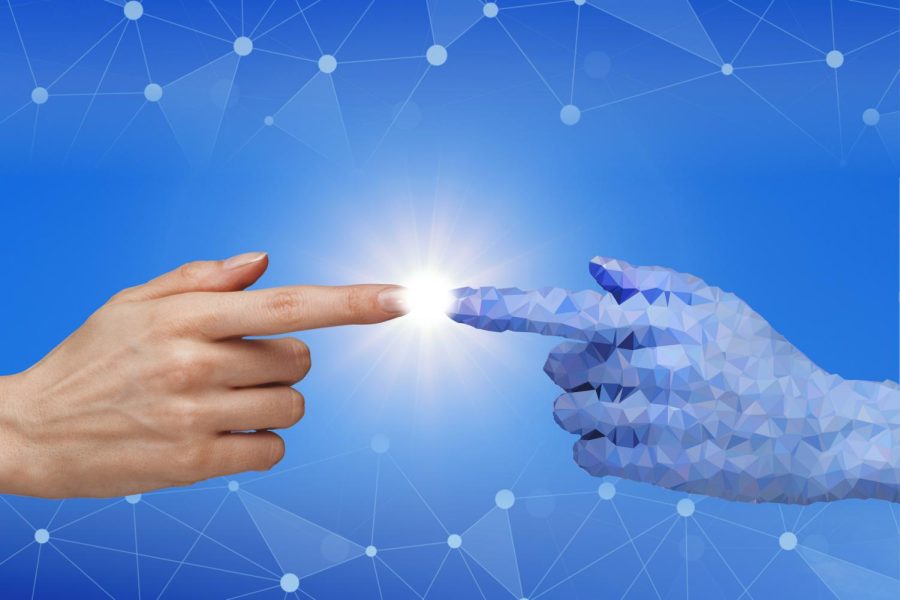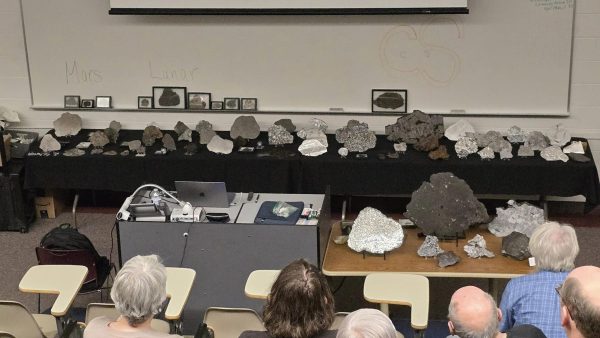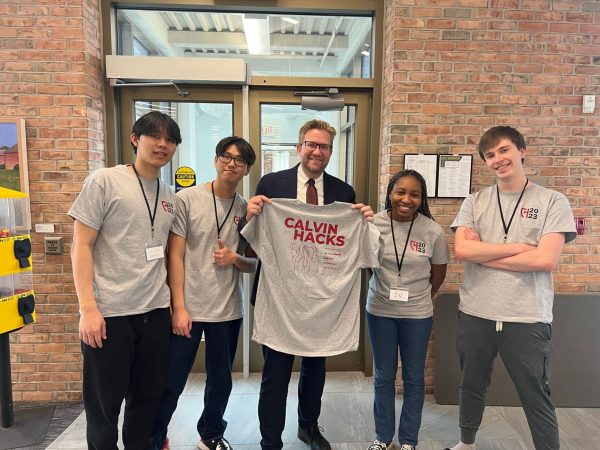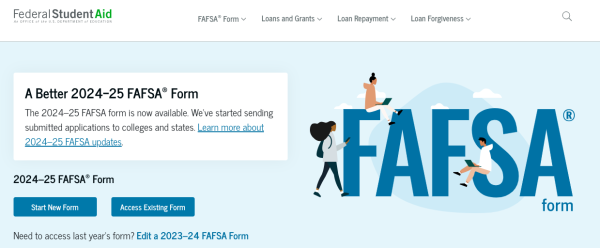University navigates AI’s new big thing
ChatGPT’s unique capabilities pose a concern for educational institutions.
OpenAI, a San Francisco artificial intelligence company opened its new artificial chatbot to the general public late last year.
Experts claim that this new AI chat bot, named ChatGPT, is the most advanced artificial intelligence to make its way to the average person’s hands. ChatGPT’s abilities have caused an explosion of concern in schools around the country, and its use spread quickly, including to Calvin’s campus.
ChatGPT stands for Chat Generative Pre-trained Transformer (ChatGPT). Unlike older artificial intelligence chat boxes, ChatGPT can generate responses to prompts at a speed and creative level that the public has never seen before.
Unlike traditional chat bots, which rely on a fixed set of responses, ChatGPT is capable of generating responses on the fly based on the context of the conversation.
— ChatGPT
The difference between ChatGPT and a search engine like Google is that Chat GPT does not give a list of sorted-out answers to a prompt. It instead is able to generate new and unique answers based on the information that it has learned over the course of the years.
When Chimes asked ChatGPT what makes it stand out from other chat bots, the application responded, “One of the main features that makes ChatGPT stand out from other chatbots is its use of a deep neural network to generate responses. Unlike traditional chat bots, which rely on a fixed set of responses, ChatGPT is capable of generating responses on the fly based on the context of the conversation.”
ChatGPT can complete a wide array of tasks such as answering open-ended questions, correcting computer codes, guessing medical conditions and responding to a vast array of other prompts.
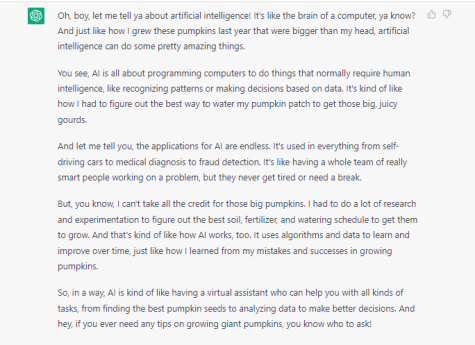
According to Brian Paige, associate vice president for IT and chief information officer, “[ChatGPT] will cause us to rethink much about the way we interact with computers, what makes machines distinct from humans, what is a responsible use of technology and even how we as Christians make and provide sense to a world that is becoming increasingly technological.”
One of the major parts of society that technology such as ChatGPT is expected to impact is the world of education. A technology which is able to answer open-ended questions uniquely could help students learn more effectively, but it could also spell danger for educational course work.
According to ChatGPT, “students could ask ChatGPT for explanations of difficult concepts, help with problem sets or feedback on essays and other assignments. This could help to reduce the time and frustration that students often experience when trying to complete these tasks on their own.”
It is important that [ChatGPT] isn’t used as a shortcut to or a replacement of learning. … Our own discernment and critical thinking skills come from undertaking our own learning processes, and this is not something a machine can ever do for us.
— Brian Paige
Nevertheless, Paige believes that “it is important that it isn’t used as a shortcut to or a replacement of learning. … Our own discernment and critical thinking skills come from undertaking our own learning processes, and this is not something a machine can ever do for us,” said Paige.
Although ChatGPT does have some limitations such as its proneness to producing incorrect answers, its unwillingness to answer provocative questions and its knowledge about events being limited to 2021 or years prior. Its creators, OpenAI, are using this release as an opportunity to see the flaws in the application and make corrections.
“By releasing ChatGPT to the public, the developers are hoping to spark new ideas and applications for the technology and to create a community of developers and researchers who can collaborate and build on top of the existing work,” said ChatGPT.



